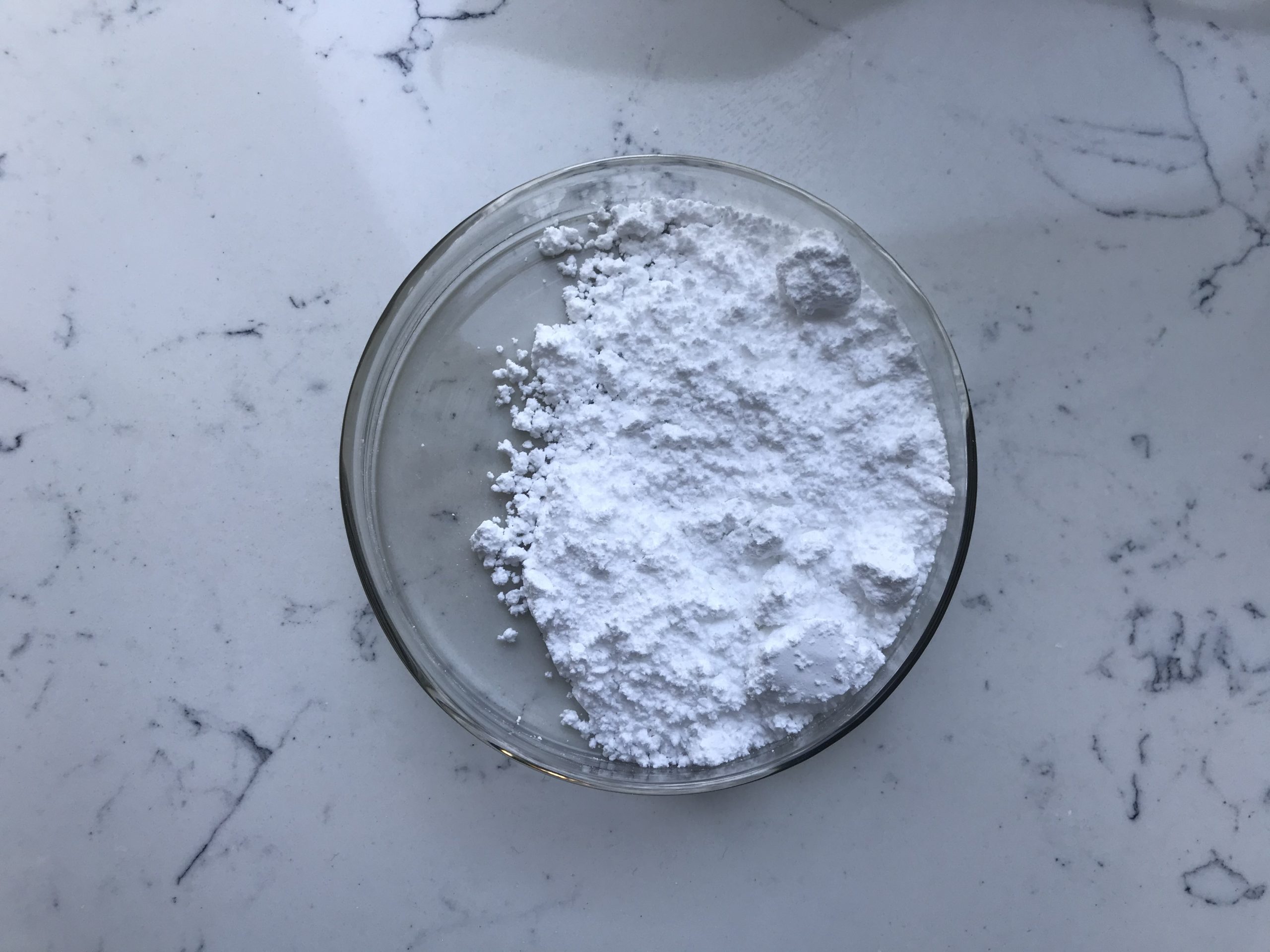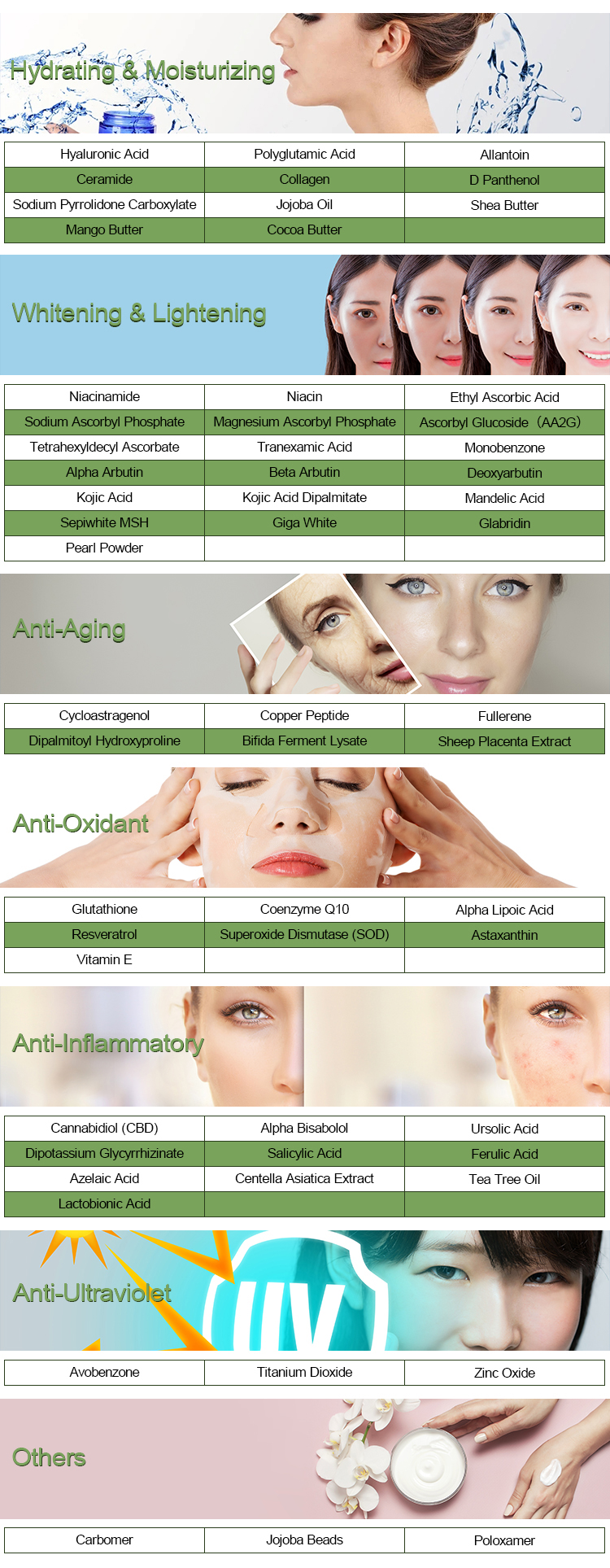Glutathione is a powerful antioxidant found naturally in the body. It plays a crucial role in maintaining cellular health and protecting cells from oxidative stress, which can lead to various health issues, including chronic diseases and aging. Glutathione is often referred to as the “master antioxidant” because of its essential role in supporting other antioxidants in the body.
Here are some of the key functions and potential benefits of glutathione:
Antioxidant Defense: Glutathione works to neutralize harmful free radicals and reactive oxygen species (ROS) that can damage cells and DNA. This antioxidant activity helps prevent oxidative damage, inflammation, and cellular dysfunction.
Detoxification: Glutathione is involved in detoxifying various harmful substances, including heavy metals, pollutants, and certain medications. It helps the body eliminate these toxins through the liver and other detoxification pathways.
Immune Support: Glutathione plays a role in supporting the immune system by helping white blood cells function effectively. It also helps regulate the immune response, promoting a balanced immune reaction.

Skin Health: Glutathione has been popularly used for its potential skin benefits, including promoting an even skin tone, reducing hyperpigmentation, and improving overall skin health. It’s often used in skin whitening treatments, although its effectiveness for this purpose is still debated.
Aging and Longevity: Some research suggests that maintaining adequate levels of glutathione could contribute to longevity by reducing oxidative stress and supporting healthy cellular function.
Chronic Diseases: Glutathione has been studied in relation to various chronic diseases such as cancer, cardiovascular diseases, neurodegenerative disorders (e.g., Alzheimer’s and Parkinson’s), and autoimmune conditions. It’s believed that optimizing glutathione levels may have a protective effect against these diseases.
Exercise Performance and Recovery: Glutathione may play a role in improving exercise performance and reducing muscle fatigue by protecting muscles from oxidative stress during physical activity.
It’s important to note that while glutathione is available as a supplement, there is some debate over the efficacy of oral supplementation. The digestive system can break down glutathione, making it difficult for the body to absorb it effectively. Some studies have shown that taking glutathione supplements may not significantly increase glutathione levels in the body. Instead, supporting the body’s natural production of glutathione through a healthy diet, exercise, and adequate sleep is often recommended.
Additionally, certain factors such as aging, chronic illness, and environmental toxins can deplete glutathione levels in the body. If you’re considering glutathione supplementation or have a specific health concern, it’s advisable to consult with a healthcare professional before making any decisions, as they can provide personalized guidance based on your individual health needs.
Efficacy evaluation of Glutathione
Glutathione is a tripeptide molecule composed of three amino acids: cysteine, glycine, and glutamic acid. It serves as an important antioxidant in the body, playing a crucial role in neutralizing harmful reactive oxygen species (ROS) and detoxifying various substances, including drugs, pollutants, and heavy metals. Due to its potential health benefits, glutathione has been studied extensively, and its efficacy has been evaluated in various contexts.
Here are some areas where the efficacy of glutathione has been evaluated:
1.Antioxidant Protection: Glutathione is a potent antioxidant that helps protect cells from oxidative damage. Oxidative stress is implicated in various diseases, including cardiovascular disease, neurodegenerative disorders, and cancer. While glutathione’s role in combating oxidative stress is well-established, its direct supplementation is often debated. Oral glutathione supplements have limited effectiveness, as the digestive system tends to break down the molecule before it can be absorbed and utilized effectively by cells. Some studies suggest that supplementing with its precursor amino acids (cysteine, glycine, and glutamic acid) or compounds that support glutathione synthesis might be more beneficial.
2.Immune Function: Glutathione is involved in modulating immune responses. It helps maintain the proper function of immune cells and supports the body’s defense against infections and diseases. Some research has explored the potential of glutathione supplementation in boosting immune function, particularly in individuals with compromised immune systems. However, more studies are needed to establish its direct impact on immune health.
3.Detoxification: Glutathione is a key player in detoxification processes, particularly in the liver. It binds to toxins, heavy metals, and harmful compounds, making them easier for the body to eliminate. In cases of certain liver diseases or toxic exposures, glutathione supplementation might be considered as part of a comprehensive treatment plan.
4.Skin Health and Whitening: Glutathione has gained popularity for its potential role in skin health and skin lightening. Some individuals take glutathione supplements in the hope of achieving a lighter skin tone. However, the efficacy of glutathione for skin whitening is a topic of debate and research. The mechanisms behind this effect are not fully understood, and results can vary widely among individuals.

Respiratory Health: Glutathione has been explored as a potential adjunctive treatment in various respiratory conditions, including asthma and chronic obstructive pulmonary disease (COPD). It might help reduce inflammation and oxidative stress in the lungs, although the evidence is not yet conclusive.
It’s important to note that while glutathione plays essential roles in the body’s functioning, its direct supplementation might not always lead to the desired effects due to challenges related to absorption and metabolism. Furthermore, individual responses to glutathione supplementation can vary based on factors such as genetics, overall health, and lifestyle.
Before considering any form of supplementation, it’s advisable to consult with a healthcare professional. They can provide personalized guidance based on your specific health needs and goals. Keep in mind that research is ongoing, and our understanding of glutathione’s efficacy is subject to updates as new scientific findings emerge.
